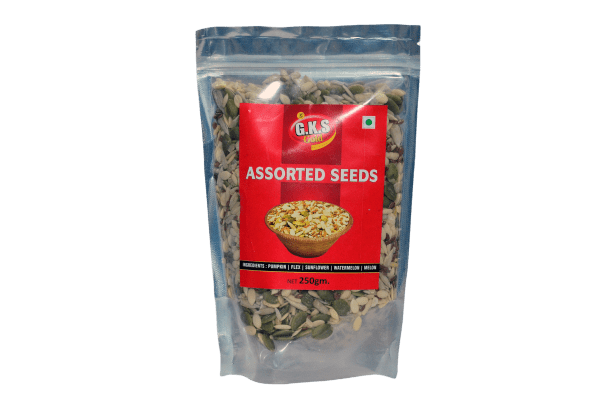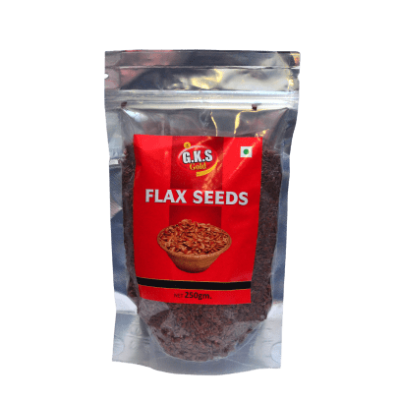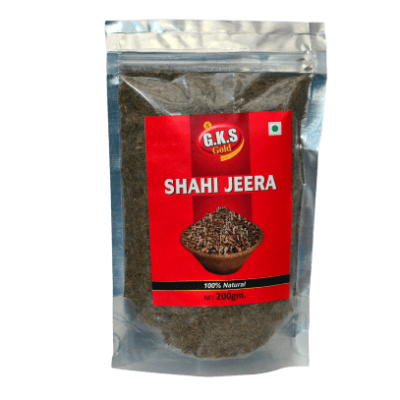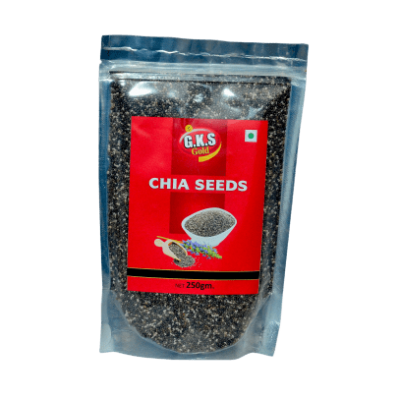Defining Nuts
Defined as a fruit composed of a hard shell and a seed, which is generally edible. In botany, there is an additional requirement that the shell does not open to release the seed (indehiscent). In a general context, a wide variety of dried seeds are called nuts, but in a botanical context, only ones that include the indehiscent fruit are considered true nuts. Everyday common usage of the term often refers to any hard walled, edible kernel, as a nut.
Nuts are an important source of nutrients for both humans and wildlife. Because nuts generally have a high oil content, they are a highly prized food and energy source. A large number of seeds are edible by humans and used in cooking, eaten raw, sprouted, or roasted as a snack food, or pressed for oil that is used in cookery and cosmetics.
Health Benefits from Nuts
Many nuts are good sources of vitamins E and B2 (riboflavin, an antioxidant), and are rich in protein, folate, fiber, and essential minerals such as magnesium, phosphorus, potassium, copper, and selenium.
Studies have also revealed that people who consume nuts regularly are less likely to suffer from coronary heart disease (CHD). Nuts were first linked to protection against CHD in 1993. Clinical trials have found that consumption of various nuts such as almonds and walnuts can lower serum LDL cholesterol concentrations. Although nuts contain various substances thought to possess cardio-protective effects, scientists believe that their Omega 3 fatty acid profile is at least in part responsible for the hypolipidemic response observed in clinical trials. Nuts contain the essential fatty acids linoleic and linolenic acids, and the fats in nuts for the most part are unsaturated fats, including monounsaturated fats. Using nut butter instead of dairy butter on your toast will help reduce your cholesterol.
In addition to possessing cardio-protective effects, nuts generally have a very low glycemic index (GI). Consequently, dietitians frequently recommend nuts be included in diets prescribed for patients with insulin resistance problems such as diabetes mellitus type 2.
One study found that people who eat nuts live two to three years longer than those who do not. However, this may be because people who eat nuts tend to eat less junk food.
Seeds

A seed is generally defined as a small embryonic plant enclosed in a covering called the seed coat, usually with some stored food. Many seeds are edible, especially seeds from cereals, legumes and nuts. Seeds also provide most cooking oils, many beverages and spices and some important food additives. In different seeds the seed embryo or the endosperm dominates and provides most of the nutrients. The storage proteins of the embryo and endosperm differ in their amino acid content and physical properties. For example the gluten of wheat, important in providing the elastic property to bread dough is strictly an endosperm protein.
The seeds of many legumes, including the common bean (Phaseolus vulgaris), contain proteins called lectins which can cause gastric distress if the beans are eaten without cooking.
The common bean and many others, including the soybean, also contain trypsin inhibitors which interfere with the action of the digestive enzyme trypsin. Normal cooking processes degrade lectins and trypsin inhibitors to harmless forms.
Whole Grain Study
According to a report published by JAMA Internal Medicine, eating more whole grains appears to be associated with reduced mortality, especially deaths due to cardiovascular disease (CVD), but not cancer deaths. Whole grains are widely recommended in many dietary guidelines as healthful food. However, data regarding how much whole grains people eat and mortality were not entirely consistent.
74,341 women from the Nurses’ Health Study (1984-2010) and 43,744 men from the Health Professionals Follow-Up Study (1986-2010). All the participants were free of cancer and CVD when the studies began.
The authors documented 26,920 deaths. After the data were adjusted for potential confounding factors including age, smoking and body mass index, the study found that eating more whole grains was associated with lower total mortality and lower CVD mortality but not cancer deaths.
The authors further estimated that every serving (28 grams/per day) of whole grains was associated with 5 percent lower total mortality or 9 percent lower CVD mortality.
These findings further support current dietary guidelines that recommend increasing whole grain consumption to facilitate primary and secondary prevention of chronic disease and also provide promising evidence that suggests a diet enriched with whole grains may confer benefits toward extended life expectancy.






Reviews
There are no reviews yet.